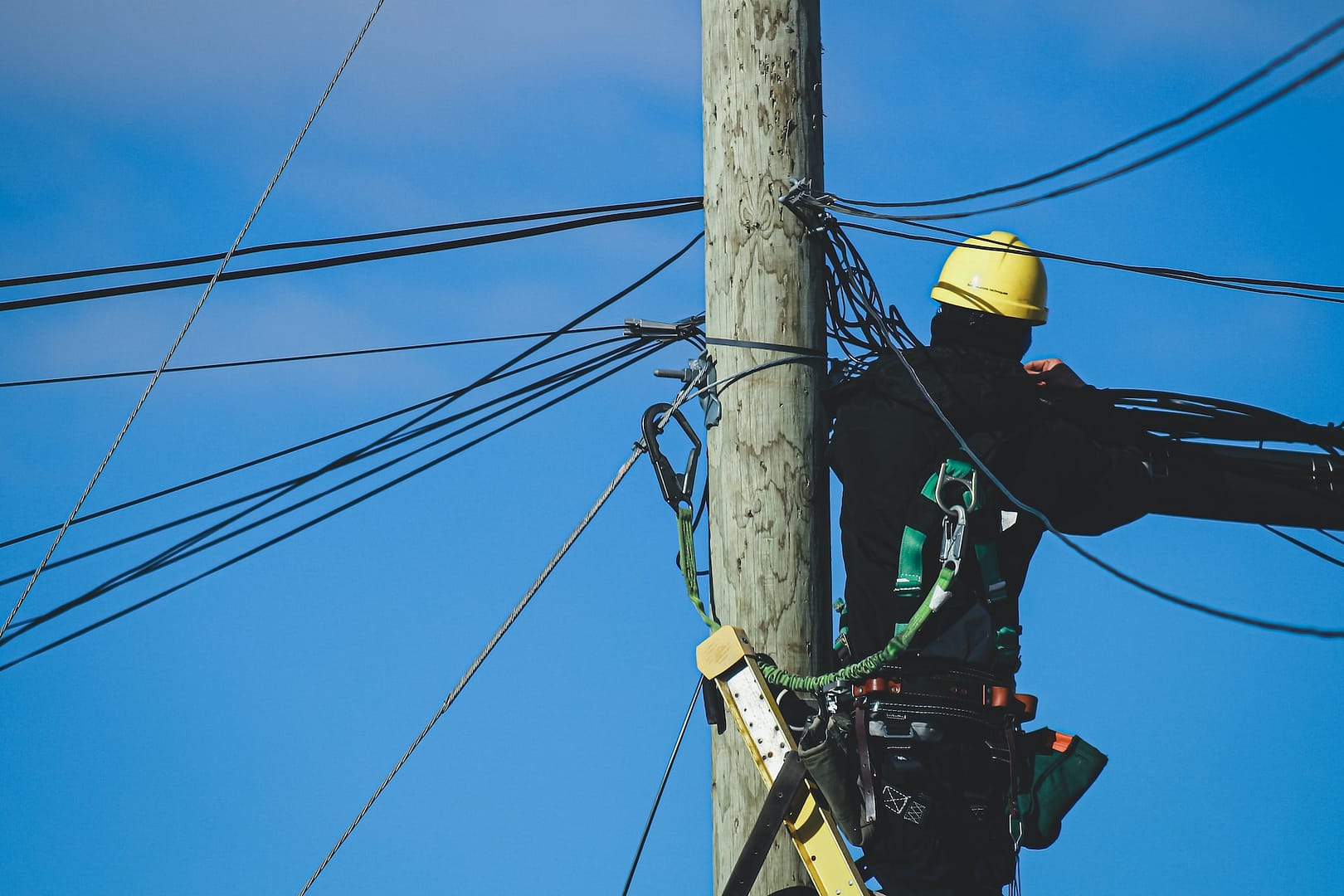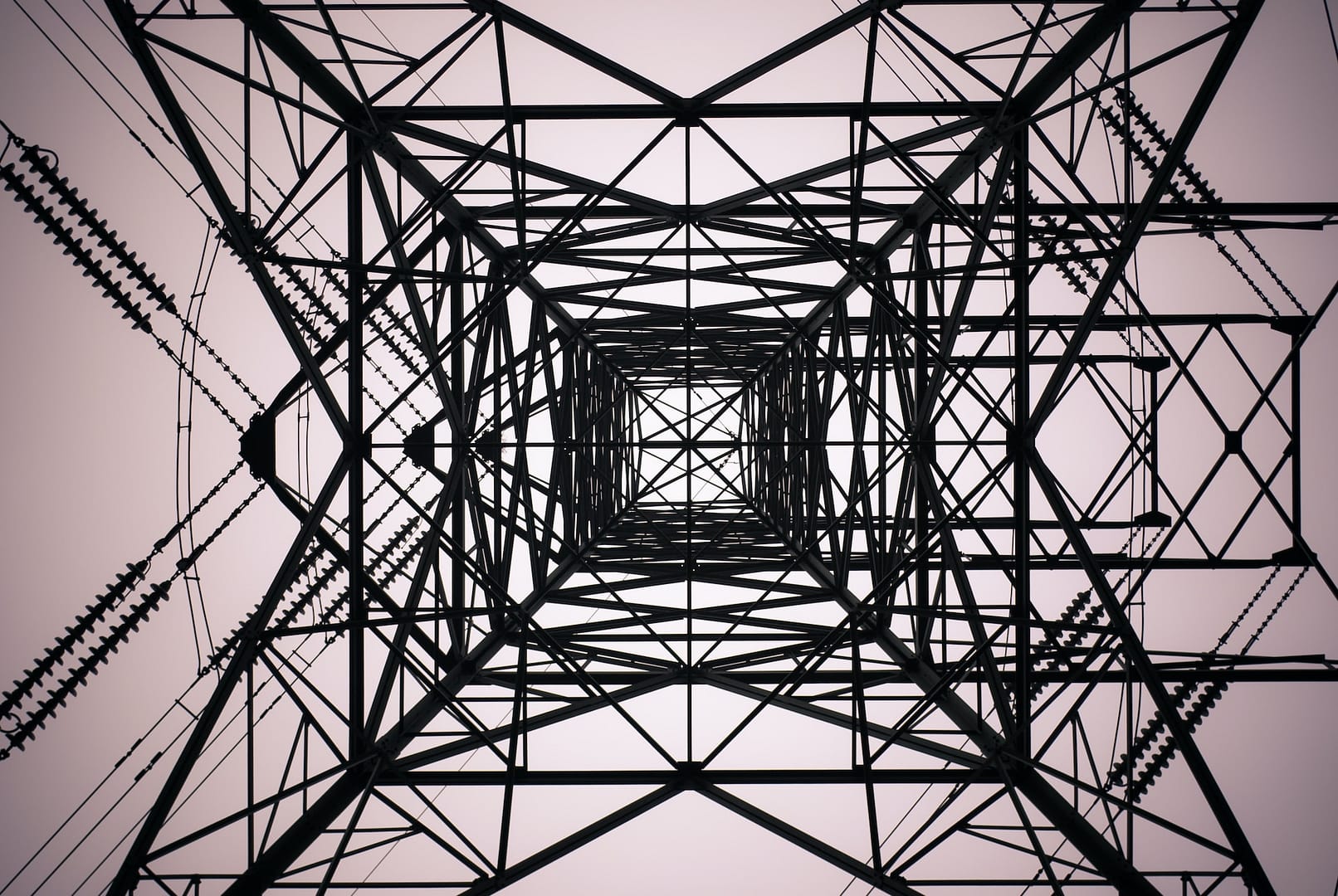In the realm of personal injuries, few occurrences are as shocking, both literally and figuratively, as electric shock injuries. From minor jolts to life-altering incidents, these occurrences can have profound implications on the lives of those affected. But in Scotland, understanding the liability for electric shock injuries is a complex and multifaceted issue that requires careful examination. In this article, we will delve into the world of electric shock injuries in Scotland, explore the nature of the harm they cause, and discuss the legal liability associated with such cases.
Electric Shock as an Injury
First and foremost, let’s address a fundamental question: is an electric shock classed as an injury? The answer is a resounding yes. Electric shock injuries are indeed classified as personal injuries. While they might not leave visible wounds like cuts or bruises, the damage incurred to a person after an electric shock can be severe, both physically and mentally.
The Damage Incurred
Electric shocks can vary in intensity and the resulting damage can range from mild to catastrophic. When a person comes into contact with an electrical current, several things can happen:
Burns: The most common type of injury associated with electric shocks are burns. When electricity passes through the body, it generates heat. This heat can cause severe burns at the point of contact, leaving lasting scars and requiring extensive medical treatment.
Nerve Damage: Electric shocks can also damage the nervous system. The electrical current disrupts the normal functioning of nerves, potentially leading to long-term neurological issues.
Muscle Contraction: Muscles can contract forcefully during an electric shock, which may lead to fractures or dislocations. Additionally, involuntary muscle contractions can cause injuries unrelated to the electrical burns.
Cardiac Issues: In severe cases, electric shocks can affect the heart. The electrical current can disrupt the heart’s rhythm, potentially leading to cardiac arrest.
Psychological Trauma: It’s essential not to overlook the psychological impact of electric shock injuries. Survivors often suffer from post-traumatic stress disorder (PTSD) and other mental health issues, which can be just as debilitating as the physical injuries.
Long-Term Health Consequences: Electric shock injuries can have lasting health consequences, affecting the victim’s quality of life for years to come. Chronic pain, mobility issues, and cognitive impairment are all potential long-term effects.
Fatality: In the most severe cases, electric shock injuries can be fatal. The combination of cardiac arrest and severe burns can prove deadly.
The Legal Landscape in Scotland
In Scotland, as in the rest of the UK, the legal framework regarding personal injuries is well-established. Liability in electric shock injury cases is primarily determined by negligence. If someone acted negligently and their actions led to the electric shock injury, they may be held liable for the victim’s damages.
However, it’s important to remember that accidents can happen, and not all electric shock injuries are the result of negligence. The circumstances of each case are crucial in determining liability. For example, if an individual is injured due to faulty wiring in their own home, the responsibility might fall on the homeowner to ensure the safety of their premises.
Employers’ Liability
One common scenario in electric shock injury cases is when the injury occurs in the workplace. Employers in Scotland, like in other parts of the UK, have a legal obligation to ensure the safety of their employees. If an employee sustains an electric shock injury due to the employer’s negligence, the liability typically rests with the employer.
For instance, if an employer fails to maintain electrical equipment properly or does not provide adequate training on electrical safety, they could be held liable for any injuries that result. Employers are expected to carry out risk assessments and implement safety measures to mitigate the risk of electric shock injuries in the workplace.
Product Liability
Electric shock injuries can also occur due to faulty products or equipment. In such cases, the liability might extend to the manufacturer or distributor of the product. Product liability laws in Scotland, like in the broader UK, place the responsibility on those who produce or sell products that are unsafe or defective.
For example, if a household appliance or power tool malfunctions and causes an electric shock injury, the manufacturer or distributor may be held liable for the victim’s damages. It’s essential for consumers to be aware of their rights and to report any defective products to the appropriate authorities.
Public Places and Premises Liability
Electric shock injuries can also occur in public places, such as restaurants, stores, or entertainment venues. In these cases, the liability may rest with the owner or operator of the premises. These individuals or entities are responsible for maintaining safe conditions on their property.
For example, if a customer is electrocuted due to exposed wiring in a restaurant, the restaurant owner may be held liable for the injury. Premises liability laws require owners to regularly inspect their property for hazards and take prompt action to rectify any issues.
Expert Witnesses and Evidence
In electric shock injury cases, gathering and presenting evidence is essential. This may include medical records, photographs of injuries, witness statements, and expert testimony. Expert witnesses, such as electricians or medical professionals, can provide crucial insights into the circumstances of the injury and its consequences.
Expert testimony is particularly valuable in demonstrating the link between the defendant’s actions (or inaction) and the injury. It can help establish whether negligence played a role and, if so, to what extent.
Compensation for Electric Shock Injuries
The compensation awarded in electric shock injury cases can vary widely, depending on the severity of the injuries and the circumstances of the case. Compensation may cover various aspects, including:
Medical Expenses: Victims are entitled to compensation for the cost of medical treatment, including surgeries, hospital stays, and ongoing rehabilitation.
Lost Wages: If the injury results in time off work or a reduced earning capacity, victims can claim compensation for lost wages or future earning potential.
Pain and Suffering: Compensation for the physical and emotional pain caused by the injury is also considered in such cases.
Psychological Damages: Victims may receive compensation for psychological trauma, including therapy or counselling costs.
Rehabilitation: The costs associated with rehabilitation and ongoing care, such as physical therapy or assistive devices, may be included in the compensation.
Home Adaptations: In severe cases, victims may require modifications to their homes to accommodate their injuries. These costs can also be part of the compensation package.
The Statute of Limitations
It’s important to note that there is a time limit for filing a personal injury claim in Scotland. The Limitation (Childhood Abuse) (Scotland) Act 2017 extended the time limit for child abuse cases, but for most personal injury cases, the general rule is that claims should be brought within three years from the date of the injury.
It’s crucial to consult with legal professionals to ensure you meet all the necessary deadlines for filing a claim. Missing the time limit could result in the loss of your right to seek compensation.
Making a Personal Injury Claim with National Claims
At National Claims, we understand that pursuing a personal injury claim for electric shock injuries in Scotland can be a complex and emotionally charged process. We are here to guide you through every step, ensuring you receive the compensation you deserve. Our experienced team of legal professionals is well-versed in the nuances of personal injury law in Scotland, and we are committed to representing your best interests. Here’s how the claims process works:
Initial Consultation
The first step in making a personal injury claim with National Claims is to schedule an initial consultation. During this meeting, our legal experts will listen to your story and assess the circumstances of your electric shock injury. This is your opportunity to share all relevant information and ask any questions you may have.
Case Evaluation
Once we have a clear understanding of your case, we will conduct a comprehensive evaluation. This involves gathering evidence, consulting with experts, and determining the liability in your case. Our goal is to establish a strong foundation for your claim.
Compensation
Our ultimate aim is to secure compensation that adequately covers your medical expenses, lost wages, pain and suffering, psychological damages, and any other related costs. We understand that electric shock injuries can have lasting effects, and we are committed to helping you rebuild your life.
No Win, No Fee
National Claims operates on a “No Win, No Fee” basis. This means you don’t have to worry about upfront legal fees. We only charge if we successfully secure compensation for your case. This ensures that you can access quality legal representation without financial barriers.

Conclusion
In conclusion, electric shock injuries in Scotland are indeed classified as personal injuries, encompassing a wide range of physical and psychological damage. The liability for such injuries hinges on negligence, whether it’s in the workplace, due to defective products, or in public places. Pursuing a personal injury claim in these cases involves navigating the legal landscape of Scotland and adhering to specific time limits set by the statute of limitations.
National Claims is here to guide you through this challenging process. We understand the intricacies of personal injury law in Scotland and are dedicated to fighting for your rights. Whether through negotiation or litigation, our goal is to secure fair compensation for your electric shock injury, covering medical expenses, lost wages, pain and suffering, psychological damages, and more. Remember, with National Claims, you have a committed partner to help you rebuild your life after an electric shock injury.
Start your claim today by contacting us and speaking to one of our claims specialists.
Click below to see why we are one of the most trusted claims management companies in the UK.

We’re proud of our excellent customer reviews
We thrive on delivering exceptional service and ensuring our clients’ satisfaction. Don’t just take our word for it. Check out some of our independent reviews to see what our clients have to say.
Excellent

This firm is excellent, they sorted out my car pay out and injury claim very fast, they always communicate with you all the time.

My accident case was dealt with confidence and with great result of the outcome, especially James kept me informed all the time.

I was very impressed at the way my inquiry was treated. I was listened to attentively and everything I needed to know was explained to me.






